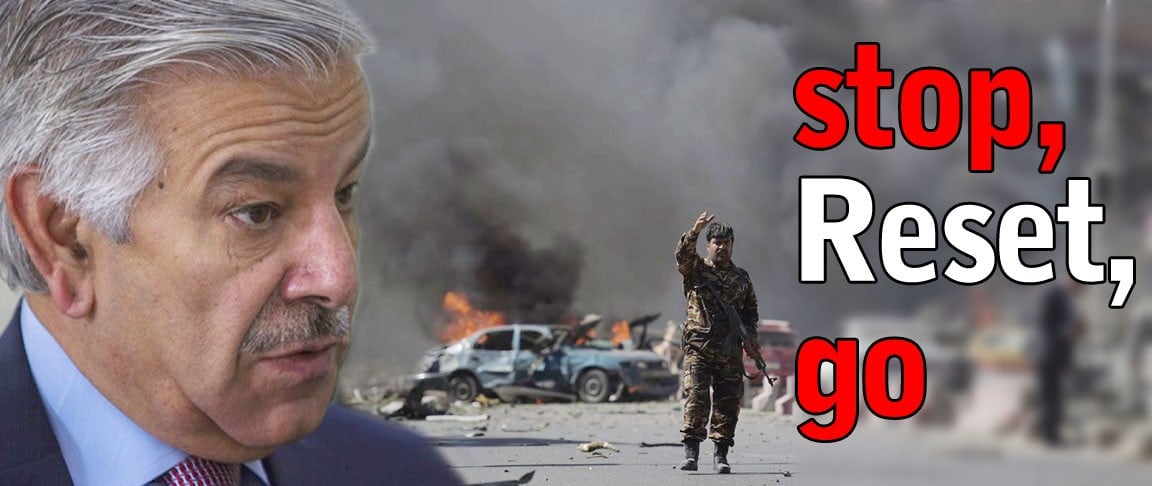
Looking at Pakistan’s key foreign policy areas and the ‘resetting’ that the foreign minister has referred to

Pakistan is on the verge of redefining its foreign policy. Or so the newly appointed foreign minister, Khawaja Asif, would have us believe, before he was castigated for uttering words like "course correction" and "resetting" of foreign policy goals. It is like the foreign minister himself speaking against the ‘national interest’, the discussants on television programme started harping on the same tune.
Mercifully, the minister had left the country to fulfil his immediate agenda which included a visit to Iran. This visit should have been undertaken long ago. Pakistan’s foreign policy should have been all about strengthening regional ties, starting with its immediate neighbours.
Having made enemies of most its neighbours, there was little left to foreign relations, except considerations of national security. Economic ties were put on the back burner and the only trade that mattered was about arms and nuclear power.
Read also: Stop, Reset, go
Our Special Report today tackles Pakistan’s key foreign policy areas, be they with India, Afghanistan, China and Saudi Arabia. The resetting that the foreign minister refers to has apparently already begun. There is a realisation that Pakistan has to engage with its neighbours, in order to seek regional solutions to the problems confronting the region, especially the restive Afghanistan. India under Modi is a bigger challenge but we need to make a start.
Lastly, a civilian ownership of foreign relations is in the country’s interest, with key input by the military on matters of strategic import. The foreign minister has rightly hinted at the key problem areas. What should guide our foreign policy is simple -- not repeat what we have been doing in the past.